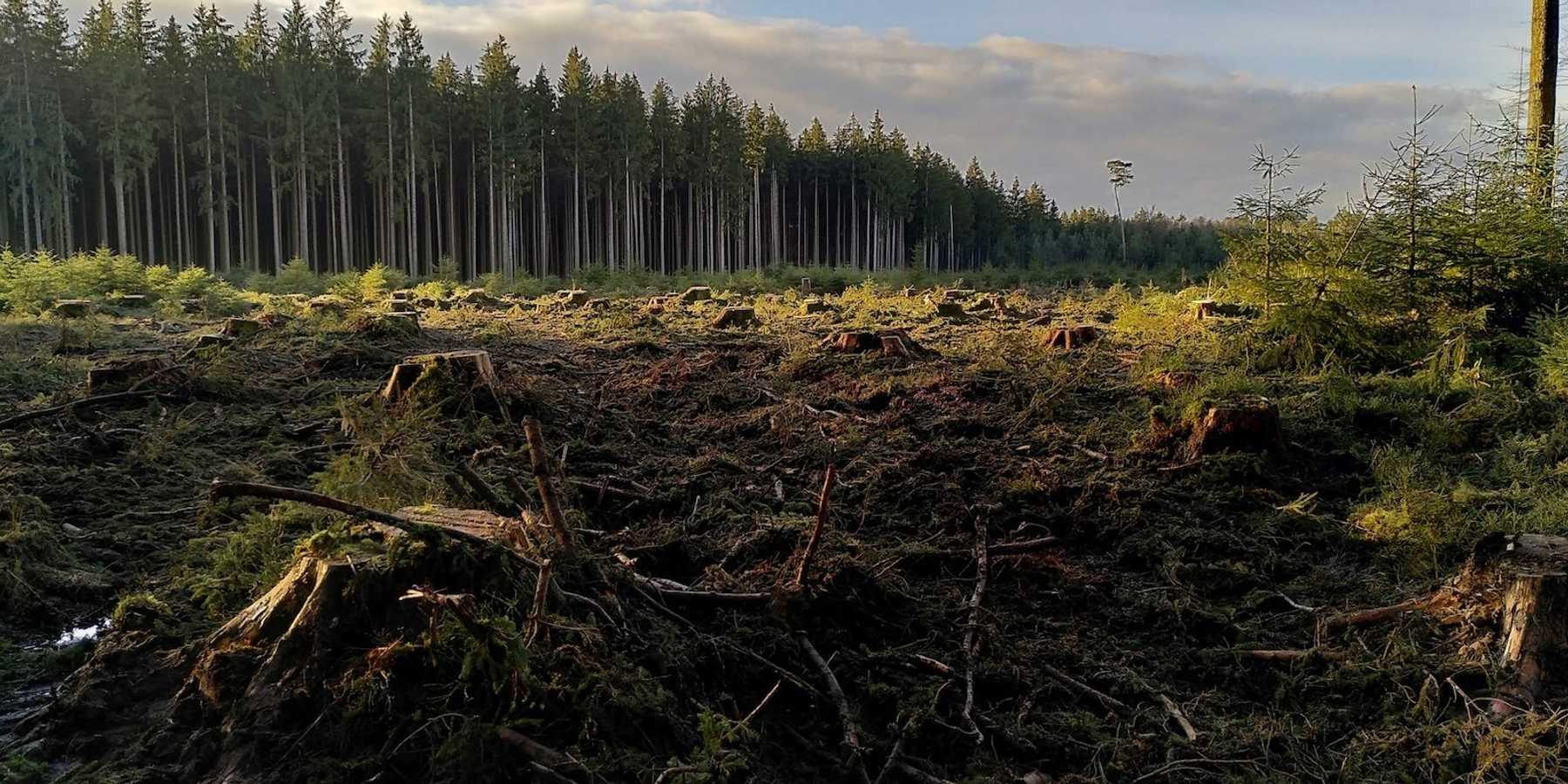
Trump reshapes public land policy to favor industry over conservation
The Trump administration is rolling back decades of bipartisan conservation policy by prioritizing industrial use of public lands, despite widespread public opposition.
Ally J. Levine, Soumya Karwa, and Travis Hartman report for Reuters.
In short:
- The Trump administration rescinded protections on nearly 59 million acres of national forest and proposed selling millions more, aiming to expand roads, logging, and fossil fuel extraction.
- These public lands are economic engines for rural towns via outdoor recreation, tourism, and water protection — activities that contribute billions to local economies and support clean drinking water for major cities.
- Despite sweeping policy changes, polls show strong bipartisan support for keeping public lands accessible, and backlash to land sell-off proposals has been fierce across political lines.
Key quote:
“The aim is, ‘Let’s make federal management so bad and so dismal that it will change public opinion.’”
— John Leshy, former U.S. Interior Department general counsel
Why this matters:
For decades, the idea that public lands should serve everyone — hikers and hunters, tribes and towns, wildlife and watersheds — was a rare bipartisan consensus. But under Trump, that notion is being gutted in favor of more drilling, more logging, and more roads, even as the climate crisis accelerates and biodiversity declines. Public lands are the economic backbone of countless rural towns that thrive on recreation, tourism, and clean water. The same forests that filter drinking water for cities and provide refuge during heatwaves are now being primed for industry — not in the name of energy independence, but ideology.
Read more:













